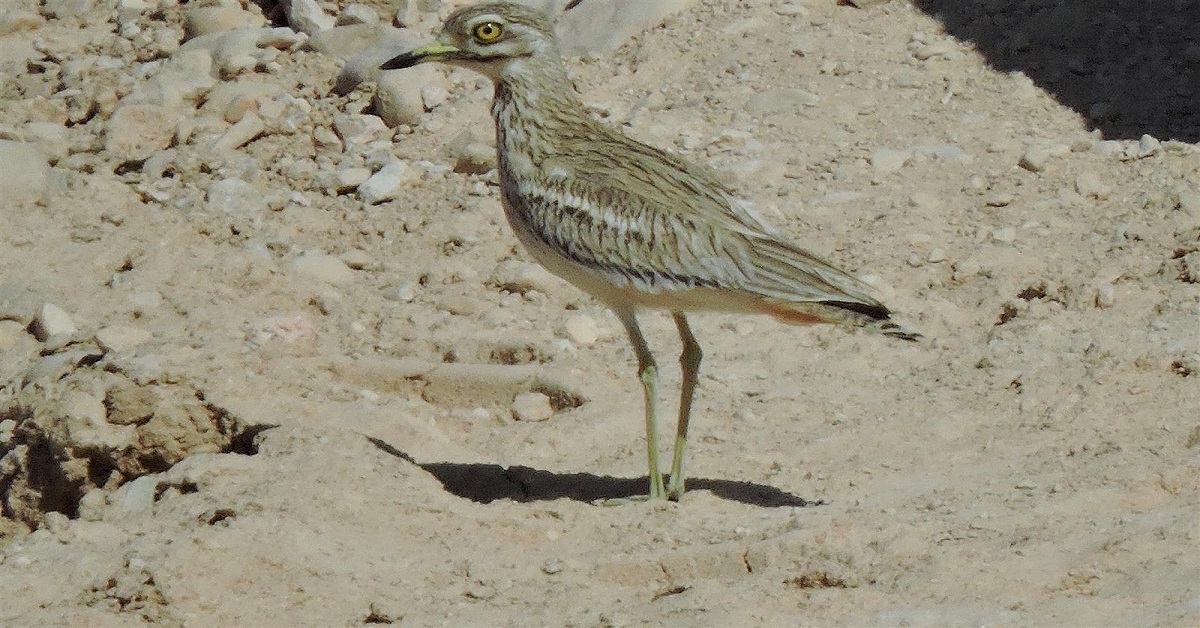
People find a thrill in hunting animals and birds and eating their meat. This sport doesn’t differentiate between the species. Hence this rule.
Hawk-eyed inspectors are looking out for illegal bird hunting in the UAE after a series of misappropriating hunting techniques were discovered.
Hunters in the UAE were recently discovered using an electronic device that mimicked birdcalls, which were used to lure migratory birds.
In a statement, the Ministry of Climate Change and Environment (MoCCE) warned residents over hunting migratory birds that pass through the UAE during the winter months.
The ministry has already passed legislation and launched several initiatives to protect endangered birds, especially threatened species such as the Karowan, which are commonly known as the stone curlew.
Sultan Alwan, Assistant Under-Secretary for the Regions Sector at MoCCE, said: “The ministry has recently noticed that some people use electronic devices that imitate the voice of the stone-curlew to attract large numbers of these birds over long distances in order to catch them easily.”
“The UAE will not allow such random individual misdemeanors to affect the unified efforts of government agencies, the private sector and other segments of society,” he added.
READ ALSO: UAE announces public holidays for 2018
What is the stone curlew?
The stone-curlew is known in Arabic as a karawan.
It is a desert bird and a winter migrant that appears in the UAE during March and October in semi-arid areas, on gravelly land and farms. Its greyish-brown feathers works as a camouflage provides effective camouflage, and it has distinctive white spots on the underside of its wings.
The 22cm long bird has a relatively large head with a pointed beak and round white-rimmed eyes, long legs with thick joints, and a short tail.
The stone-curlew is largely nocturnal and produces a characteristic wailing cry. During the day, it cannot be seen easily, as it sleeps in groups on the ground between shrubs and rocks, with legs folded under its body, and neck and head outstretched. It eats insects, worms and other invertebrates, and even small snakes.
The bird starts the migration journey from its home in Central Asia between late August and early November, and returns between early March and May. During this period, it often spends a few days in the UAE in search of the right climate, food and mating partners.
READ ALSO: Fire Safety : Another big decision from UAE Govt
Hunting laws and fines
Article 12 of Federal Law No. 24 of 1999 for the protection and development of the environment, as amended by Federal Law No. 11 of 2006, prohibits the hunting, killing or capturing of wild and marine birds and animals, identified in Lists 1, 2 and 3 annexed to this law.
It also bans the possession, transport or sale of live or dead birds and animals without obtaining permission from the concerned authorities.
The penalties for breaking the law include:
Imprisonment for a maximum period of six months and a fine of up to Dh20,000 in case of any of the species included on List 1.
Imprisonment for a maximum period of three months and a fine of up to Dh10,000 in case of any of the species included on List 2.
Imprisonment for a maximum period of one month and a fine of up to Dh5,000 in case of any of the species included on List 3.
The stone-curlew features on List 1.

Post Your Comments